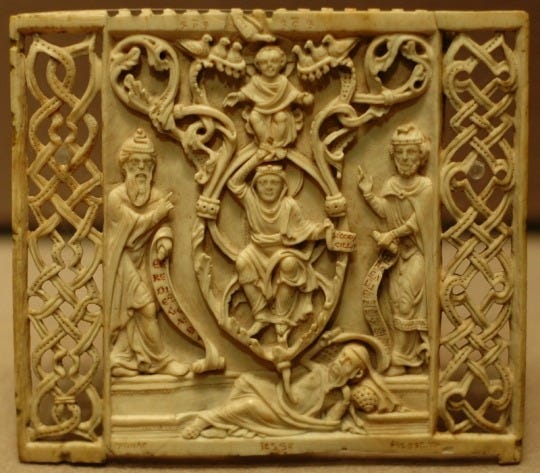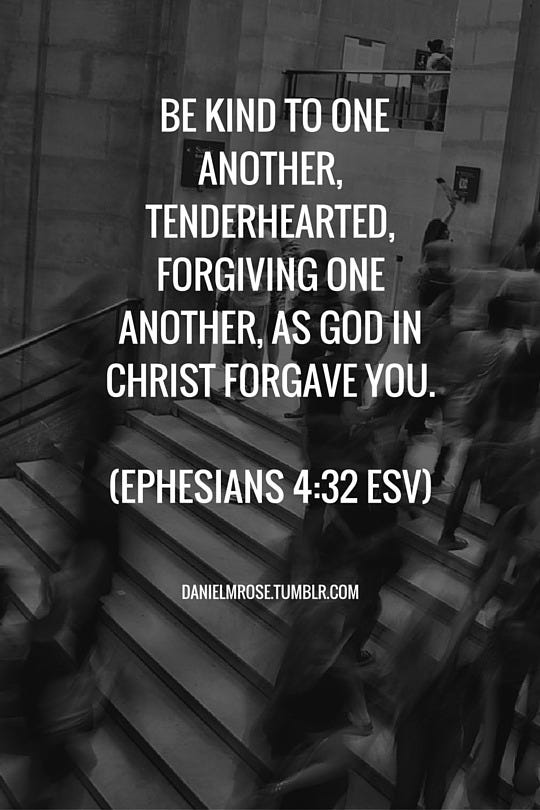Have you ever had a friend come up to you and quietly say, “Hey man, you have a booger hanging out…”? When they do that you know you have a true friend. Why? Because they are kind.
Kindness is something we want in our friends. We don’t want niceness. A nice person would try to ignore the booger, the kind friend would tell you the truth.
That’s the key difference between being kind and nice. A nice person will think, “oh man they have a booger, I don’t want them to feel bad so I will ignore it.” The kind person acts from compassion and makes sure you don’t walk around all day with that booger hanging on.
In Colossians 3 the Apostle Paul is trying to help us understand our new identity, who we are in Christ. He first tells us that we are chosen, holy, and beloved. Then he calls us to have compassion hearts. The next attribute he cites is kindness.
Kindness is the loving application of truth to a person or situation. It requires a person to speak truthfully into the life of another, but it is done from a place of compassion. When truth is applied through compassion (or you could easily say, love) it brings healing and offers the other person grace and mercy.
When we act kindly we are acting out in love. To be kind is to act. To be kind is to engage. To be kind is speak the truth in love.
What would happen if you began to live this way? What would happen if we began to live this way? If we could begin loving well through acting kindly we might just change the world.
For the follower of Jesus to be kind is not something we do once in a while. Kindness it to be a mark of our very being. There will be times when kindness is not what people want. They will reject you because of it.
Doctors face this all the time. If their patient is obese or smokes or is an alcoholic they have to give them truth. The doctor has to tell them what they don’t want to hear: eat less, stop smoking, stop drinking. The patients often times get angry or frustrated. Yet, the doctor has to speak this truth into their lives so that they can live and be healthy.
So it is in all of our relationships. We are to put on kindness as followers of Jesus and live the truth of this out every single day.
The next time you see someone with a booger in their nose, be kind.
from The Subversive Journey https://danielmrose.com/2016/06/21/to-be-kind/
via IFTTT






